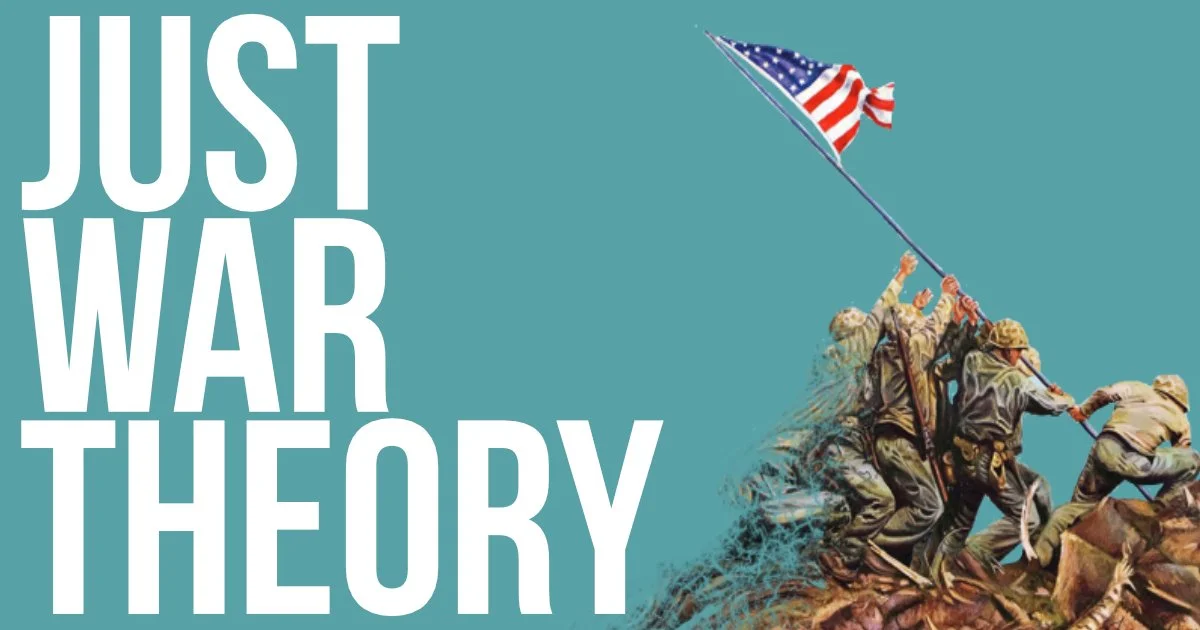Peace and International Solidarity
Peace is the fruit of justice and requires solidarity among people and nations. Aid and trade policies must advance justice, sustainability, and human flourishing. Diplomatic and nonviolent means of the resolution must be exhausted before violent means can be considered. Military action must strictly adhere to just-war principles.
The just war theory is a largely Christian philosophy that attempts to reconcile three things:
Taking human life is wrong
Nations have a duty to defend citizens and defend justice
Important responsibilities, protecting innocent human life, defending important moral values or preventable atrocities may justify war
War can be necessary and proportionate only if it serves an end worth all this death and destruction. Hence the importance of having a just cause.
The Christian theologian Augustine of Hippo is credited with the idea that war, though terrible, might be necessary when faced with certain dangers and lawful if conducted appropriately in the pursuit of peace. Later, Christian Philosopher Thomas Aquinas laid out the conditions under which a war could be considered just. Many of the rules developed by the just war tradition have been codified into contemporary international laws, such as the Geneva Conventions and the U.N. Charter.
To be justified, a war must be in the service of a just cause, must have been commissioned by a legitimate authority, and must be waged for the right intention. War needs to be the last resort for keeping the peace, should have a high probability of success, and cannot cause harm disproportionate to the amount of good it is expected to achieve. If even one of these conditions is not fulfilled it is unjust.

